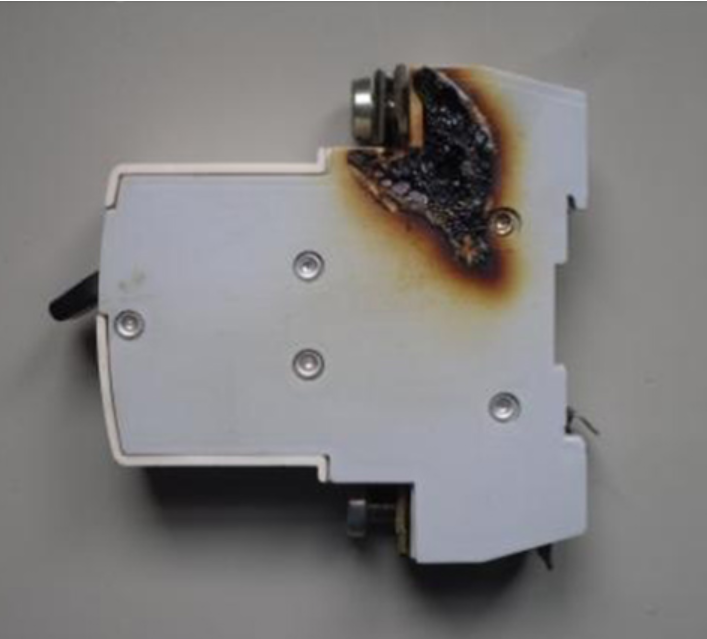Reason analysis of circuit breaker tripping - Weikewei - Professional FAE guidance
An electrical circuit breaker is a switch device that can be operated automatically or manually to control and protect the power system, as well as the electronic devices connected to it. When too much current flows or cannot cope with excessive current load, the circuit breaker will trip. This means that the current is cut off to prevent the circuit from overheating or causing further damage. If there is no circuit breaker tripping, building fires will be a common problem. When the circuit breaker trips, regardless of its location, you must go outside or underground and reconnect the power supply. It is important to pay special attention when designing circuit breakers to ensure safe arc interruption during their operation. Even though the tripping of circuit breakers ensures safety, constantly experiencing them and repeatedly reconnecting the power supply is still very worrying.
58彩票If you know the reason for the continuous tripping, you can take some measures. Let's take a look at the three main reasons that cause circuit breakers to trip.
Three reasons for continuous tripping of circuit breakers

Overload Circuit
Circuit overload is one of the main reasons for continuous tripping of circuit breakers. This situation occurs when you want a specific circuit to provide more electricity than its actual capacity. This will cause the circuit to overheat, putting all electrical appliances connected to the circuit in danger.For example, if your TV is connected to a circuit that actually requires 15 amperes but is currently using 20 amperes, the circuit of the TV system will be blown out. The circuit breaker trips to prevent this situation from happening, and may even prevent major fires. You can solve this problem by attempting to reassign electrical equipment and disconnect them from the same circuit. You can even turn off certain devices to reduce the electrical load on the circuit breaker.
2. Short circuit
Another common reason for circuit breaker tripping is short circuit, which is more dangerous than overload circuits. A short circuit is caused when a "hot" wire comes into contact with a "neutral wire" in a power outlet. Whenever this situation occurs, a large amount of current flows through the circuit, generating more heat than the circuit can withstand. When this situation occurs, the circuit breaker will trip, cutting off the circuit to prevent dangerous events such as fire. Short circuits may occur due to various reasons, such as incorrect wiring or loose connections. You can identify a short circuit by the usual residual burning odor around the circuit breaker. In addition, you may also notice brown or black discoloration around it.
3. Grounding fault
58彩票Ground fault surge is similar to a short circuit. This situation occurs when the hot wire comes into contact with a grounding wire made of bare copper or one side of a metal socket box connected to the grounding wire. This will result in more current passing through, which the circuit cannot handle. Circuit breaker tripping is to protect circuits and equipment from overheating or potential fire hazards. If grounding surges occur, they can be identified by the discoloration around the socket. If you avoid or ignore any of these issues, it is putting the safety of your home and loved ones at great risk. If you frequently encounter situations where circuit breakers trip, it is time to seek professional assistance to investigate the issue. Do not attempt to handle this issue on your own.